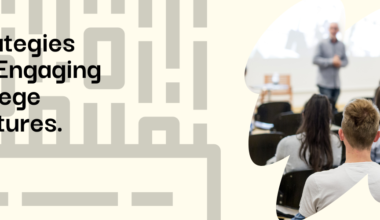What is Hacking?
It is an act in which some unauthorized person trying to get access to your system or data inside it.
A simple act of cracking passwords can be an act of gaining unauthorized access to your computer or your mobile phone.
As we see computers and smartphones have become mandatory to run a business, an organization, or an institute. For that individuals or employees need to communicate and collaborate with each other. It is not sufficient to have independent computer systems; they must be networked in order to communicate with external businesses.
This makes them vulnerable to hackers and the outside world.
A Hacker is a person or individual who attempts to get this unauthorized access into the system or internal network, by finding out the loopholes in the system or network security.
The Act of Hacking can be majorly categorized as Ethical hacking and non-Ethical.
Ethical hacking is something that is done to protect the privacy of the organization, by identifying the vulnerabilities or weaknesses in the network and take proper countermeasures to protect the organization’s network security. This is carried out with the consent of the organization and with legal permissions.
Top 5 Ways to Protect Your System Against Hacking
Use of Firewall and Anti-Spyware
Firewalls block almost all types of malicious pop-ups like these, but you’ll need additional tools to identify and delete them if they happen to get into your device by accident. That’s a two-pronged defense. In the event of an infection, the firewall acts as a preventative measure, while anti-spyware acts as a remedy.
Use Anti-Virus Software
It deters hackers by detecting threats such as viruses and malware, allowing the user and the device to react to a threat that they would not have been aware of otherwise. This could include not uploading a suspicious file from the internet, deleting an email that requests personal information, or not going to a website they were navigating to.
Keep OS up-to-date
Always keep your computer operating systems up to date, since the operating system controls all your computer’s functions, it can be a tempting target for hackers. Many built-of features in operating systems aid in the prevention of attacks.
Avoid using Public Wi-Fi and an Unsecured Network
Avoid using password-free Wi-Fi connections in a cafe, stations, those which are available openly for public use. As such, they’re prime targets for computer hackers. Always try to use secure networks. Hackers can install spyware on your device by simply sending a pop-up message when you’re connected to a public WiFi network.
Use can also use encryption to protect your files, by doing encryption your file will be converted into codes that are impossible to read without decryption. In MS Office there is an inbuilt feature of encrypting documents with passwords.
Be Cautious of Unknown Emails and Attachments
Hackers can use emails to collect passwords and other personal information from the recipients. The message’s content will fool you into thinking it’s from your bank or office. Before clicking any weblink check that for authenticity.






